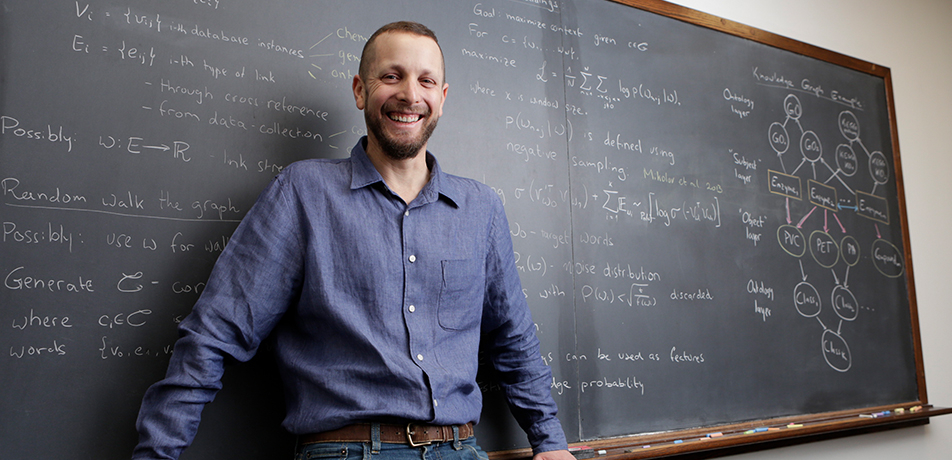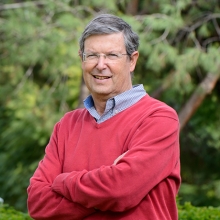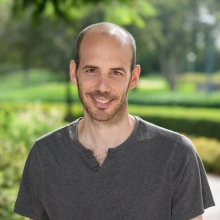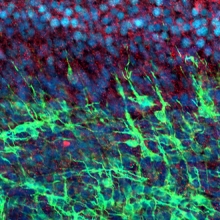Healing what ails the Earth
Meet Dr. David Zeevi
New scientists

Dr. David Zeevi was still a graduate student when, under the direction of his PhD advisor at the Weizmann Institute, Prof. Eran Segal, he co-created the computational framework that became Day Two, a precision medicine company that offers personalized nutrition, diagnostic, and therapeutic solutions using artificial intelligence and machine learning.
In the Day Two approach, based on research by Prof. Segal and Prof. Eran Elinav, analysis of microbial populations living in the gut—known as the microbiome—is used to predict how individuals will respond to different foods, making it possible to create “prescription” diet directives that promote better health.
Now, as a newly recruited Weizmann faculty member, Dr. Zeevi still has his mind on microbes. But instead of focusing on human health, he has a different goal: to improve the health of the planet.
“Countless global processes rely on the workings of microbes, making them excellent indicators of environmental health, as well as important targets for intervention,” says Dr. Zeevi. He is joining the Department of Plant and Environmental Sciences after completing a research fellowship at New York’s Rockefeller University, where he developed computational methods for studying microbial ecology in marine environments.
“One of the greatest challenges humanity faces in the coming decades is learning how to clean up after ourselves. I want to find a way to use microbes — which have a special talent for metabolizing compounds — to clean up human-generated waste, particularly plastics.”
Like his earlier, microbiome-related work, Dr. Zeevi’s current research involves a Big Data approach. Using original computational tools to analyze multiple microbial species, he hopes to identify conserved genomic regions that are shared by microbes living in landfills, and in areas of the ocean where plastic waste is seen in concentrated levels. Ultimately, he hopes to design novel “drugs” for the treatment of our ailing natural environment: bio-engineered microbes that can degrade plastic waste, wherever it appears, into harmless compounds.
Taking a page from pharma
Identifying the function of specific microbial genes is a tall order. This is partly because, lacking signals they would normally get from their surroundings, in the lab, some 90% of microbial species will not grow.
To address this challenge, Dr. Zeevi plans to examine microbes in their natural environment, and to speed up discovery, he is taking a page from the pharmaceutical industry. Using original AI software, he plans to create “knowledge maps” predicting which microbial gene fragments are most likely to contribute to the degradation of plastic.
This approach—based on natural language processing and machine learning—is expected to give him a computational jump start on the microbe-design process.
A former Israeli Air Force pilot, Dr. Zeevi met his partner, Bareket, when they were both undergraduates at Tel Aviv University, where he also got his first taste of the excitement of science. “Mathematics and cell biology dazzled me,” he says. “I fell in love with discovering how the world works. Hopefully, the discoveries I reach in my new lab at Weizmann will do some good for the world as well.”








